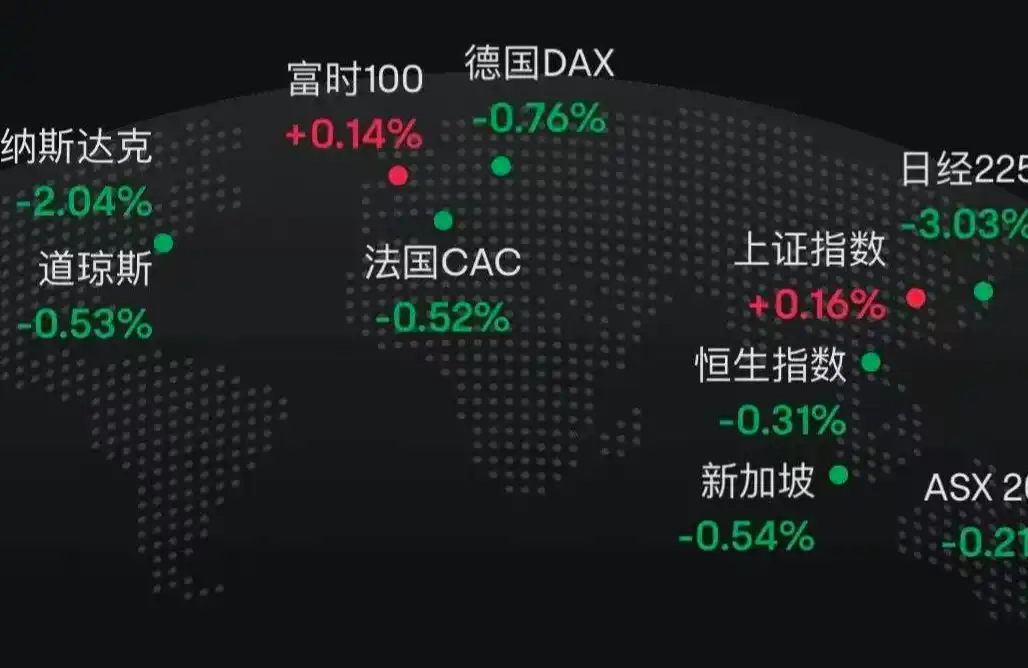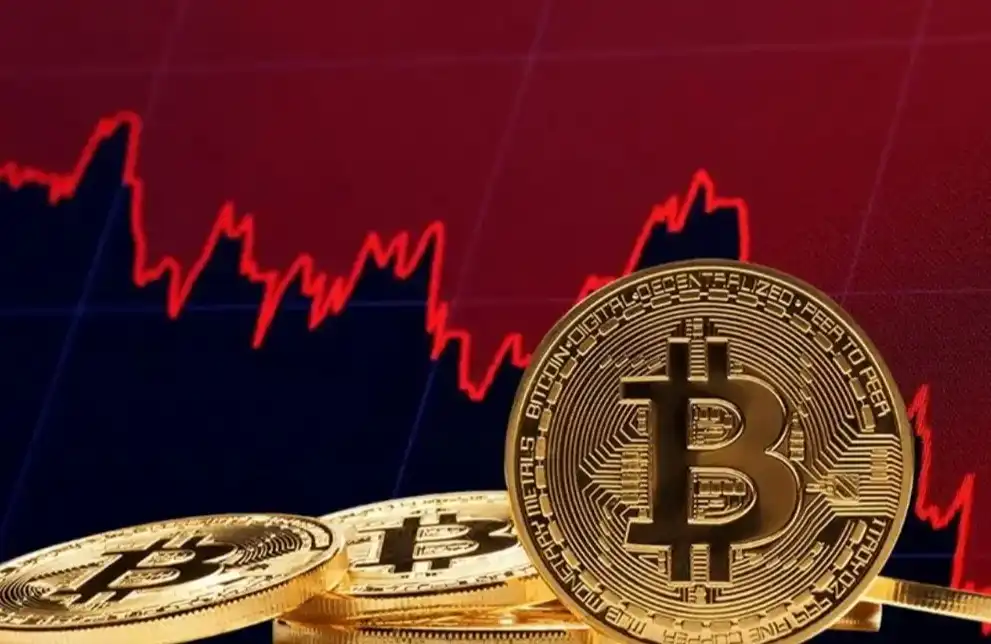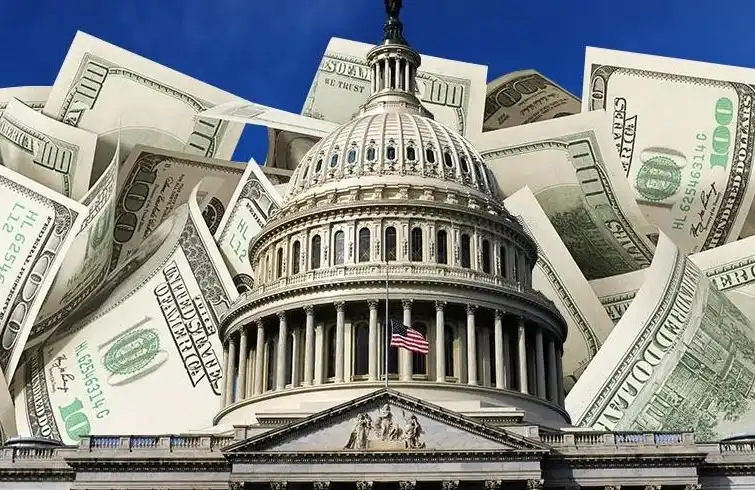Central Bank of Brazil to advance plans for a Bitcoin reserve
Brazil could be seeing a major shift in the country’s financial policy, as its central bank looks to discuss adding Bitcoin to its official reserves.
- Brazil’s central bank is preparing to discuss adding Bitcoin to its official reserves at the upcoming Central Banking Autumn Meetings in Rio de Janeiro.
- The initiative follows a $19 billion Bitcoin reserve proposal in Brazil’s legislature, positioning the country among a small group of nations exploring BTC as a sovereign asset.
- Globally, countries like Germany, the Philippines, and Pakistan are following the lead of the U.S. in considering Bitcoin as a national reserve asset.
Brazil’s central bank will be sending a team of officials to participate in the Central Banking’s Autumn Meetings in Rio de Janeiro next month, according to local media reports. At the event, the use of Bitcoin ( BTC ) and other cryptocurrencies by national reserve managers will be discussed, alongside other topics like stablecoins and central bank digital currencies.
The function will bring together reserve managers and financial authorities from across Latin America to share strategies for navigating today’s changing global economic conditions. Among the topics is how Bitcoin ( BTC ) could be integrated into sovereign reserves, with Brazil’s representatives set to engage with counterparts from countries like Colombia, Jamaica, and the Bahamas.
This new initiative follows earlier steps in Brazil’s legislature, when policymakers held formal hearings on a proposal to create a $19 billion sovereign Bitcoin reserve, seeking technical perspectives from various industry experts. Lawmakers behind the bill have framed BTC as both a hedge against inflation and a strategic asset with global importance.
With these developments, the country is taking real steps to assess Bitcoin’s place in its national reserves, showing that digital assets are gaining attention at the policy level.
Brazil joins global Bitcoin reserve push
Brazil’s initiative also comes amid a broader global shift, as various governments explore similar strategies. The United States’ initiative to create a strategic Bitcoin reserve is setting the benchmark for other nations weighing digital assets as national stores of value.
In Europe, Germany’s second-largest political party recently introduced a parliamentary motion calling for a strategic national Bitcoin reserve, urging Berlin to treat the crypto giant as a hedge against inflation and currency risk.
Across Asia and Latin America, countries such as the Philippines and Pakistan are also reviewing bills to allow strategic Bitcoin holdings. These signs indicate that while few central banks currently hold the asset as reserve assets, the concept is rapidly moving from niche to mainstream.
If more countries follow the lead and convert interest into actual reserves, it could reshape how governments across the globe view digital currencies.
Disclaimer: The content of this article solely reflects the author's opinion and does not represent the platform in any capacity. This article is not intended to serve as a reference for making investment decisions.
You may also like
Why does bitcoin only rise when the US government reopens?
Is the US government shutdown the main culprit behind the global financial market downturn?

Crypto "No Man's Land": Cycle Signals Have Emerged, But Most People Remain Unaware
If the crypto market of 2019 taught us anything, it's that boredom is often the prelude to a breakout.

Don't panic, the real main theme of the market is still liquidity.
Such pullbacks are not uncommon in a bull market; their purpose is to test your conviction.

Arthur Hayes Dissects Debt, Buybacks, and Money Printing: The Ultimate Cycle of Dollar Liquidity
If the Federal Reserve's balance sheet expands, it will be positive for US dollar liquidity, ultimately driving up the prices of bitcoin and other cryptocurrencies.

